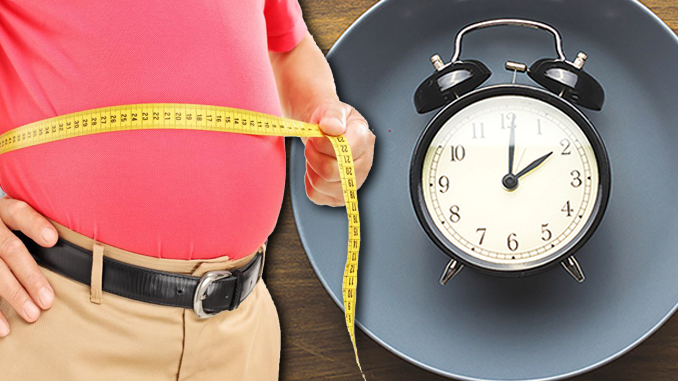
Diminishing your food intake has surprising benefits for careful fasters, and dieticians are rethinking “established wisdom” on the topic.
By John Tiffany
Fasting—fad or science? Fasting in general, and something called intermittent fasting in particular, are emerging trends in the health-conscious community.
But fasting is no fad, since people have done it for health and spiritual reasons for at least thousands of years. Pythagoras extolled its virtues, as did Hippocrates and Plutarch. Plato said he fasted for greater physical and mental efficiency. Aristotle also fasted, and Galen and Avicenna prescribed fasts for their patients.
Animals abstain from eating when they are sick; when health returns, appetite returns—and humans have the same instinct. Millions of years of evolutionary adaptation have ensured our bodies are very capable of storing energy resources and drawing on them when food supplies are scarce. It has been said that fasting awakens the body’s own inner physician. And, unlike medicine, fasting is free—one reason why your own physician may not prescribe it.
In 1971, a 27-year-old, 456-pound man referred to as “Patient A.B.” was advised to stop eating altogether for a short stint. He responded so well to it he decided to continue and wound up fasting for more than a year—382 days. He suffered little or no untoward effects, ingesting only yeast, vitamins, and non-caloric fluids, and lost 276 pounds.
A prolonged fast, while highly beneficial, is a serious matter, involving going three or more days and nights eating nothing at all, then slowly, over five days or more, transitioning back to your normal diet, starting with just barley water the first day. A prolonged fast allows you to enjoy the full benefits of ketosis and autolysis, making it the golden grail of the fasting world.
Intermittent fasting is much easier to undertake and can be used as an introduction to fasting. It can be as simple as skipping breakfast—abstaining from food starting with the end of dinner the day before. You can then work up to also skipping lunch, so that you eat one meal a day (no snacks, of course). Another style of intermittent fasting has you eating some days and fasting other days.
Some fasters do not abstain from all food but ingest small amounts of low- or no-calorie foods and drinks while fasting.
But what does science say?
A growing body of research suggests intermittent fasting works just as well as dieting for folks who want to lose weight—and many people find it easier to stick with this approach, since it allows windows of time when you don’t have to restrict your eating. Some nutritionists who previously advised against skipping meals have changed their minds, influenced by new research.
Registered dietician Katherine Tallmadge said, “We in the nutrition community always thought it was bad [to skip meals], but based on my experience and these studies combined, I think it’s great.” She now recommends a variation of intermittent fasting to a small minority of her clients.
A problem arises for some who use intermittent fasting as a temporary thing—there’s a risk you could gain all the weight lost back unless you can stick to a maintenance diet plan afterward. Of course, you don’t need to worry about that if you make intermittent fasting a permanent lifestyle.
Fasting results in a drop in your blood sugar, for which the body compensates by drawing on your sugar stores, first in your liver, then in your muscles. Eventually your body turns to burning up your fat supply, leading to weight loss and a state called ketosis, because the fats are turned into chemicals known as ketone bodies.
Cancer cells need high levels of sugar and tend to die when blood sugar is low.
There is evidence fasting actually leads to the formation of new brain cells—which at one time was believed to be impossible. It also leads to detoxification and a condition called autophagy, in which the body tears down old and damaged cells and organelles, including mitochondria, and builds new, more efficient ones.
Skipping breakfast, maybe lunch, and maybe not eating at all for a whole day now and then is fine and probably will do most people good.
However, be cautious of going overboard with fasting. There is a potential for significant lean tissue losses when full fasting days are more frequent than once or twice per week.
If you take medications for diabetes and/or high blood pressure, these require expert management when initiating a fast of more than 24 hours to avoid significant health risks.


I believe it really depends on where you are healthwise. I am a woman of 30 with some hormonal imbalances and thyroid issues. I tried intermittent fasting and it really impaired my health even more. I felt great the first week an then literally crashed and burned the week after.
I believe it is a great way to lose weight and it can really benefit a lot of people for sure. I think men do better on this than most women. Intermittent fasting can be very tough on the adrenal glands, it creates more stress which is often not good idea because most of us are already pretty stressed.